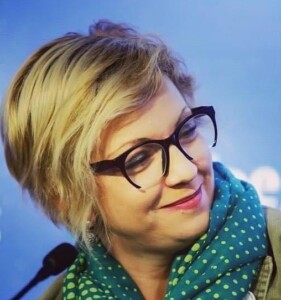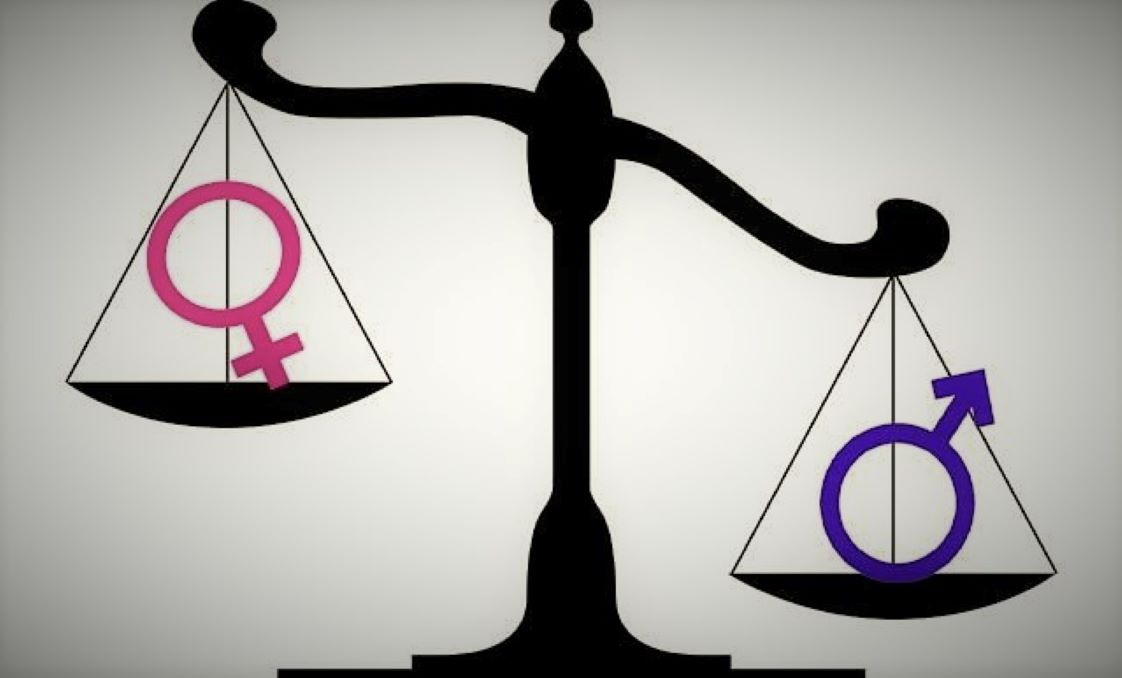If it were not for women, there would be no budget amendments related to gender budgeting, if there were no women, many important topics would not be discussed and the voice of some marginalized groups and individuals would remain silent.

Maja Sedlarevic
It is true that the more women there are in politics, the more politics change. This is because women are more sensitive to certain topics than men are, because they choose to tackle topics that men are not interested in (or are less interested in), and because we have a different perspective and view of things.
When strangers ask me what I do and I say I’m in politics, I notice that everyone is somehow startled. As if engaging in politics is not a calling, like any other. Now, there are good reasons for these reactions and I do understand them, but I’m really trying to do my best to show that it can be done differently.
When I applied for a training programme aimed at building knowledge and skills in the field of politics, back in the early 2000s, one of the questions they asked me was – why do you want to be involved in politics? I said that politics is my way of changing the world around me. Many years have passed since then, the world has not changed much (even worsened in some ways), but I still hold a utopian belief that politics is not an ugly word, an ugly job, the wrong way to change the world for the better. My experience has taught me that it is important to persevere, that success is not guaranteed but it is possible, and that you should never give up on what you believe in.
Being a woman in politics is complicated in many ways and requires enormous effort and work. In order for a woman to have the opportunity to be in a position of power and decision-making, at least from my experience, that she must have the perfect background, be more active and engaged in everything, be ready for a political career to be short and end in a split moment, but also to always and everywhere, unlike fellow men, answer the question – how do you balance your responsibilities with family and private life?. This is open and blatant discrimination, but also a clear indication that this is still an exceptionally patriarchal society that places women in the private sphere of the Home, at least in some ways.
Experience has also shown that there are no women in spaces of actual power and decision-making, unless there is a measure of affirmative action to encourage their participation. The best evidence of this is that women were very under-represented in all parliaments and at all levels of government in the Republic of Serbia until the quota was introduced as a measure of affirmative action. On the other hand, it is important to say that party leaders can manipulate the proposed electoral lists and the order of male and female candidates, so it is very important to ensure that the organization of women within the party or women in the highest party structures ensure that the female voice is also heard, so that women who have put in the work are also highly positioned on the electoral lists. It would be best if this was formally prescribed, i.e. if women’s organizations had the opportunity to propose active members.
Why is it important to have as many women in politics as possible? It is true that the more women there are in politics, the more politics change. This is because women are more sensitive to certain topics than men are, because they choose to tackle topics that men are not interested in (or are less interested in), and because we have a different perspective and view of things.
If it were not for women, there would be no budget amendments related to gender budgeting, if there were no women, many important topics would not be discussed and the voice of some marginalized groups and individuals would remain silent. No matter how difficult or complicated it is, no matter how much of a minority you are, it is important that you persevere. An old Japanese proverb says, and I often remind myself of it: You fall seven times and you rise the eighth. And this is the case in politics.
Maja Sedlarevic, politician, social democrat, feminist



Leave A Comment